Mr. Ted Engelmann - the "postman" who brought Dang Thuy Tram's diary back to Vietnam at the Blue Bird's Nest cultural space in Ba Dinh district, Hanoi . From left to right are an old friend of his, Ms. Dang Kim Tram - the youngest sister of doctor Dang Thuy Tram, Ted Engelmann and his interpreter at the exchange. (Photo: Minh Anh/Vietnam+)
Every April 30, photographer Ted Engelmann flies to Ho Chi Minh City and Hanoi to capture Vietnam’s reunification celebrations. This year is no exception, especially on the occasion of the big 50th anniversary.
In the appearance of an elderly Western tourist, not everyone recognized him as a veteran who had fought on the other side of the front line. Only when he stopped at a coffee shop in Ba Dinh district and was approached by the staff did they realize that this was the person who 20 years ago helped bring the content of the famous “Dang Thuy Tram’s Diary” to Vietnam.
Thanks to that opportunity, the owner invited him to interact and tell stories of the past.
"Shivering" because of Ms. Thuy's advice
During the period from March 1968 to March 1969, Ted Engelmann served in the US Air Force, stationed in Rach Gia ( Kien Giang ). He is now nearly 80 years old. Recalling the journey to return the diary, he said that he did not encounter many difficulties, but on the contrary, it could be said that he was lucky.
It was near the anniversary of April 30, 2005, and he was in the US preparing for a trip to Vietnam - a habit of his since the 1980s.
Upon learning of this, former military intelligence officer Fred Whitehurst, who found the diary in Duc Pho, Quang Ngai 35 years ago, asked Ted to return the diary to the author’s family. Not knowing whether he would find the right person to return it, Fred only provided a digital scan, and the two original diaries were sent to the Vietnam War Archives at Texas Tech University for safekeeping.
Upon arriving in Hanoi, through an acquaintance's introduction, Ted Engelmann sent the CD to a woman. He remembered her being very enthusiastic, carefully studying the information from the footers to the written pages. Then Ted flew to the South as originally planned.
Ted Engelmann and the woman who helped him find clues in the diary. (Photo: Ted Engelmann's file)
“After asking around, she continued to transfer the CD to another acquaintance who worked on Doi Can Street. Coincidentally, this person’s office was not far from Ms. Thuy’s [Dr. Dang Thuy Tram’s family’s affectionate name], and she was able to send the CD to the family right away. Sometimes I get goosebumps because it seems like Ms. Thuy’s spirit guided me to the right person,” he recalled. That was on April 27.
That same day, Ted received a call that he later learned was from Ms. Kim Tram - Dr. Thuy Tram's youngest sister. Although he did not know the entire content of the conversation, when he heard about the diary, he immediately stopped his plans in Ho Chi Minh City and booked a ticket back to Hanoi.
Ted Engelmann remembers feeling nervous, afraid that the family might be angry about their daughter's death. Instead, he was warmly welcomed. The veteran later read the diary with his family. Surrounding him and his three children were relatives of the family and journalists from VTV. Mrs. Doan Ngoc Tram - Dr. Thuy's mother, tears rolled down her cheeks. The meeting soon appeared in newspapers and on television.
Photo taken by Ted Engelmann (left) and his photo that appeared in the Women's newspaper in April 2005. (Photo: Ted Engelmann's documents)
Although he had to cancel his photo shoot in Ho Chi Minh City, April 30th that year was still special to Ted Engelmann in another way. He and his family went to the martyrs’ cemetery in Xuan Phuong commune (now Bac Tu Liem) to burn incense for the martyrs, including martyr Dang Thuy Tram.
“The caretaker said that Thuy was not a soldier, but she rested among soldiers so that they could protect and care for her in the afterlife, just like she did for them when she was alive,” Ted emotionally recounted.
The grave of Dr. Dang Thuy Tram at Xuan Phuong Martyrs' Cemetery, Hanoi. (Photo: Ted Engelmann)
Ms. Kim Tram was the one who typed the scanned copy to print the book “Dang Thuy Tram’s Diary” later. The work was published in 2006, sold 400,000 copies, and became a phenomenon in the publishing industry at that time.
In the US, the English version titled “Last night I dreamed of peace” was also printed in 120,000 copies - a large number for personal memoirs at that time, and was included in many public libraries in schools, cities and states.
Later, when he had the chance to read the diary, Ted Engelmann said that there was not a single page that did not leave an impression on him. "She was an intelligent and educated person. She was sentimental, full of love and concern for others. She was angry at the invaders who came to destroy her country... And even though she was a doctor, sometimes she still longed to be held by her mother's hand like a child."
Ms. Kim Tram said the English title was taken by the editor in the US from Ms. Thuy's diary, the sentence "Last night a dream of peace came to me..." The special thing is that this sentence was written on April 27, 1969, the day exactly 36 years later, the family received the diary's content.
Great Mothers
After meeting in 2005, Ted Engelmann became a close friend of Dr. Dang Thuy Tram's family. Besides admiring the young female doctor, he also especially admired and respected Doan Ngoc Tram's mother.
In 2005, when Ms. Ngoc Tram and her family went to the US to see the diary (and then agreed to send it back to the institute for preservation), Ted Engelmann also went along to record the precious images. He said that at that time, many reporters took very detailed photos, capturing every emotion of hers. These images can be seen on the website of The Vietnam Center and Sam Johnson Vietnam Archive, part of Texas Tech University.
However, Ted Engelmann only took pictures from a distance, from behind, and limited the frontal shots to show respect. He wanted to give Ms. Ngoc Tram and her family privacy when witnessing the diary of her late daughter and sister.
Doan Ngoc Tram's mother and her three daughters at the archives. (Photo: Ted Engelmann)
In 2009, Ted and his family traveled to Vietnam to take photos for the reunion of the two families. Fred’s mother, Mrs. Whitehurst, personally made a blanket with many beautiful patterns to give to Mrs. Ngoc Tram. “She put a lot of heart and meaning into it. Each stitch of the blanket is like weaving more love for the two families,” said Mrs. Kim Tram.
In the youngest son's impression, the two women had many things in common, for example, they both loved flowers and knitting. In Doan Ngoc Tram's house, there was a photo, a collage of the two women sitting together knitting and embroidering.
The blanket was hand-embroidered by Mrs. Whitehurst herself and given to the family of martyr Dang Thuy Tram. In the upper right corner are the American veteran couple - Fred Whitehurst, Doan Ngoc Tram's mother and journalist Truong Uyen Ly. (Photo: Ted Engelmann)
The two mothers had a great rapport and understood each other very well, exchanging many letters. Mrs. Whitehurst often wrote at length and passionately, telling stories of the family over the past 30 years, including Fred's severe post-war psychological trauma.
According to Ms. Kim Tram, Mrs. Whitehurst played a very important role in the "repatriation" of the diary, because from the very beginning, she knew that the sooner she returned it, the sooner her son would be able to escape from his heavy trauma.
Ms. Doan Ngoc Tram in 2005. (Photo: Ted Engelmann)
Ted Engelmann always respected and admired Ngoc Tram's mother - a mother who loved her children very much but was willing to sacrifice them for the Fatherland. In 2024, when he heard of her death, the veteran applied for an emergency visa and immediately flew to Vietnam. Throughout the funeral, he stood silently in the family line and escorted Ngoc Tram to her final resting place.
“Mother Tram is very special to me. This portrait is my heartfelt message to her. In it, I see the contemplation and loss of someone who has experienced war, but also a look to the future, for her family and those who are still alive.”
Book project on the nature of war
Ted Engelmann was soon exposed to the evils of war while serving in the military and fighting in Vietnam. Through his passion for photography, many of his photographs helped him document the devastating consequences of the war.
After his military service ended, Ted Engelmann took his photos to many places in the US, Vietnam, Korea and Australia to share about the war in Vietnam, and continued to use photography to reflect the terrible nature of war on American soldiers in many battlefields such as Iraq, Afghanistan...
After decades of owning thousands of photos and valuable stories, Ted Engelmann cherished the desire to create a comprehensive book that would have a big enough impact on readers. He shared that the road ahead for the book to take shape is still very long, but that is the passion that the peace-loving veteran said he is determined to do./.
(Vietnam+)
Source: https://www.vietnamplus.vn/nhung-cau-chuyen-phia-sau-cuoc-hoi-huong-cua-nhat-ky-dang-thuy-tram-post1038136.vnp



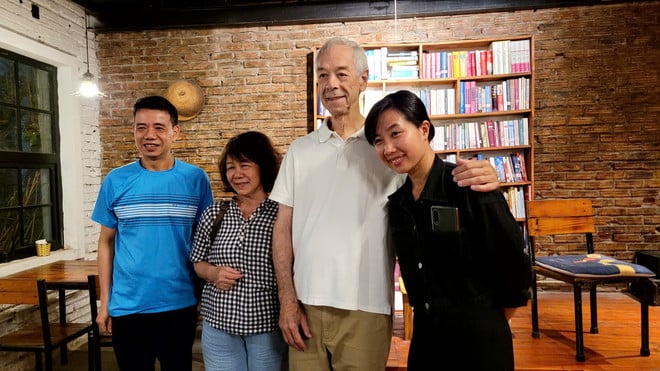
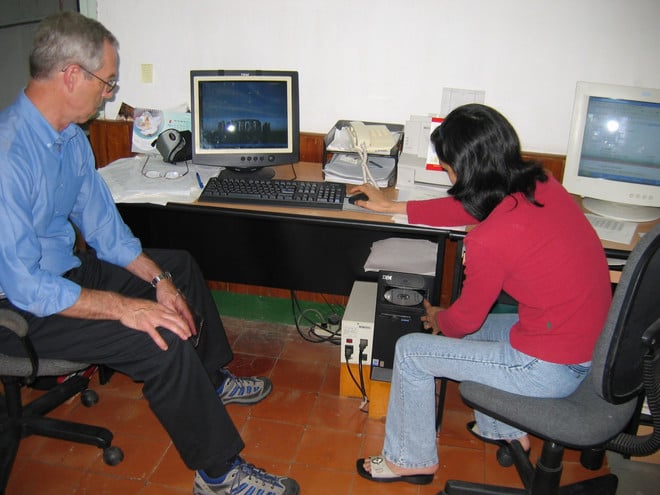
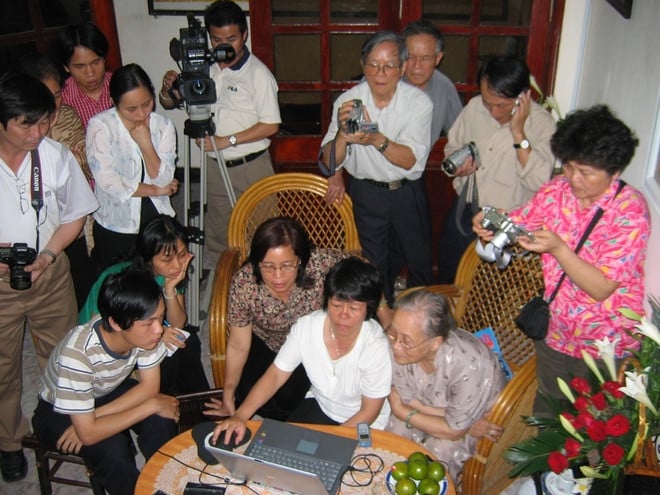
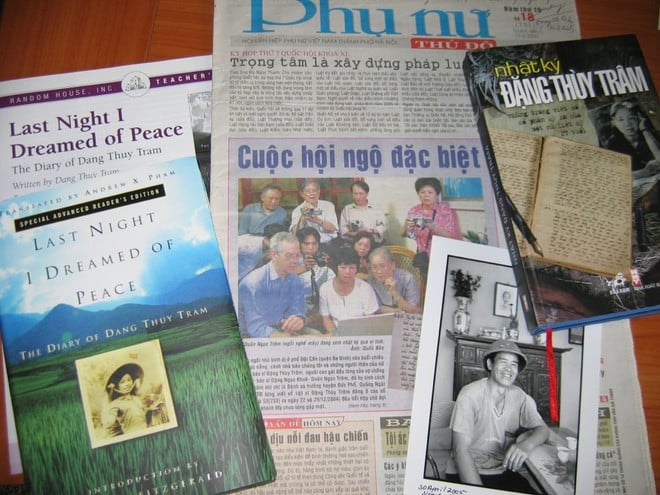
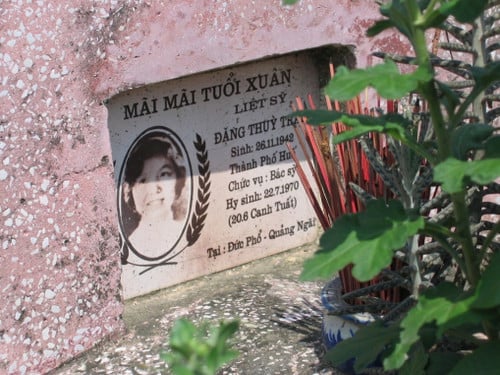
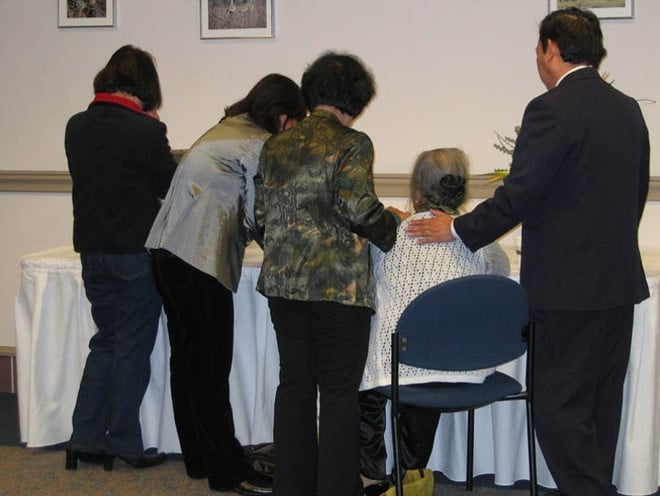
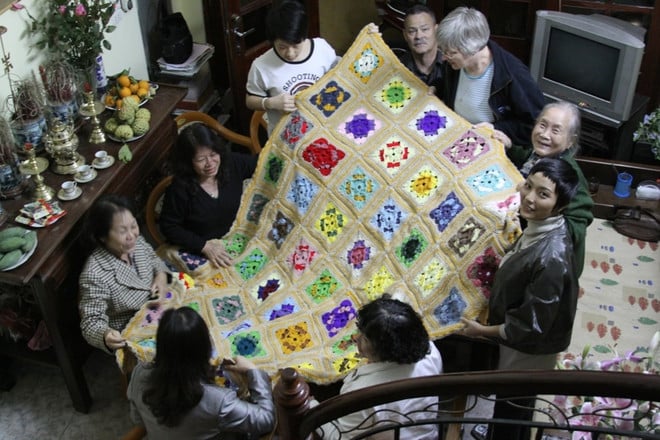
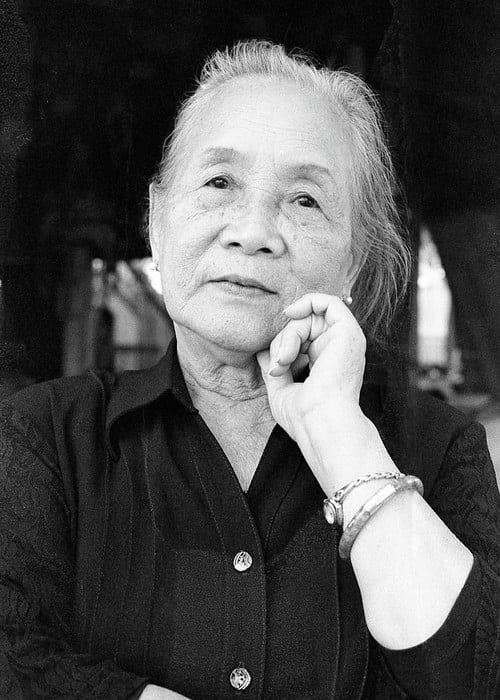
![[Photo] Red flag with yellow star flutters in France on National Day September 2](https://vphoto.vietnam.vn/thumb/1200x675/vietnam/resource/IMAGE/2025/8/28/f6fc12215220488bb859230b86b9cc12)
![[Photo] General Secretary To Lam presents the 45-year Party membership badge to comrade Phan Dinh Trac](https://vphoto.vietnam.vn/thumb/1200x675/vietnam/resource/IMAGE/2025/8/28/e2f08c400e504e38ac694bc6142ac331)

![[Photo] General Secretary To Lam attends the opening ceremony of the National Achievements Exhibition](https://vphoto.vietnam.vn/thumb/1200x675/vietnam/resource/IMAGE/2025/8/28/d371751d37634474bb3d91c6f701be7f)
![[Photo] Politburo works with the Standing Committee of Cao Bang Provincial Party Committee and Hue City Party Committee](https://vphoto.vietnam.vn/thumb/1200x675/vietnam/resource/IMAGE/2025/8/28/fee8a847b1ff45188749eb0299c512b2)
![[Photo] Prime Minister Pham Minh Chinh meets with Speaker of the New Zealand Parliament Gerry Brownlee](https://vphoto.vietnam.vn/thumb/1200x675/vietnam/resource/IMAGE/2025/8/28/cec2630220ec49efbb04030e664995db)
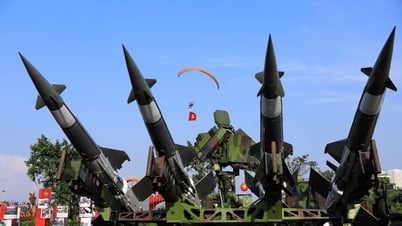




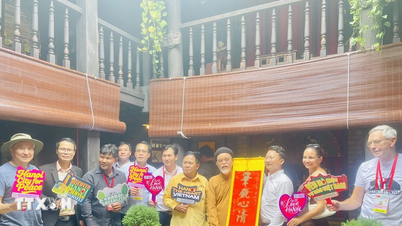


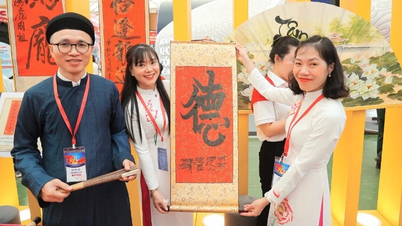




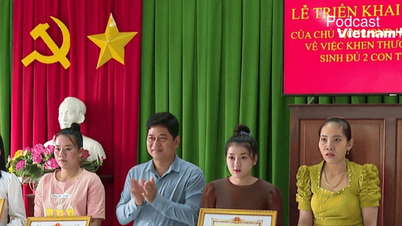


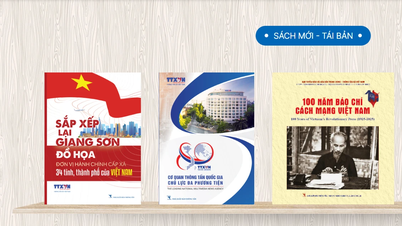
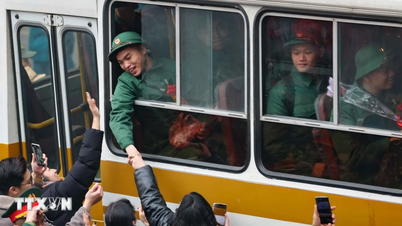




































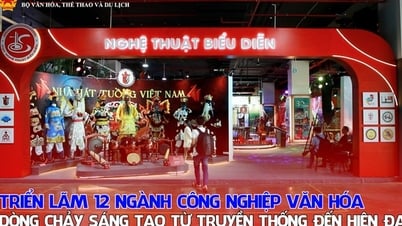




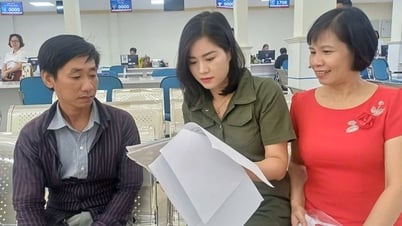



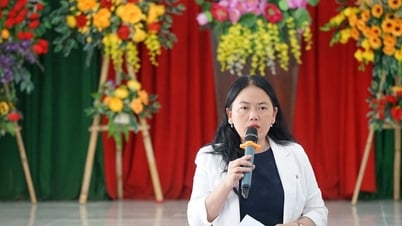

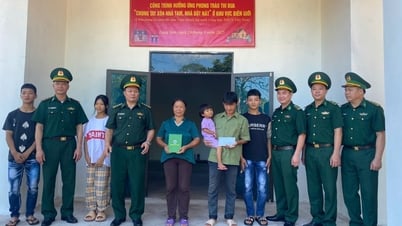

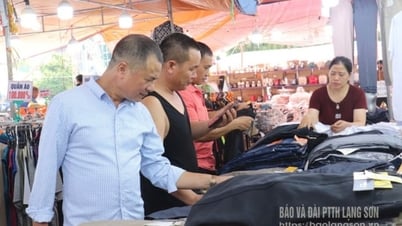
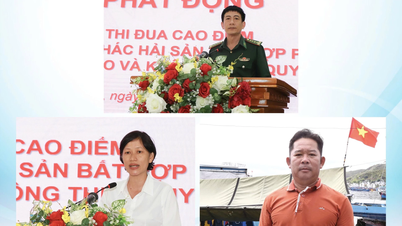












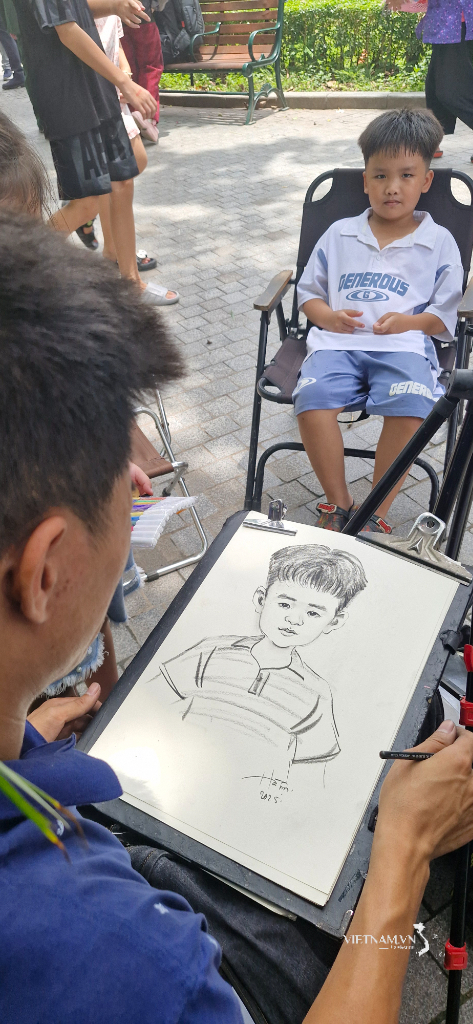
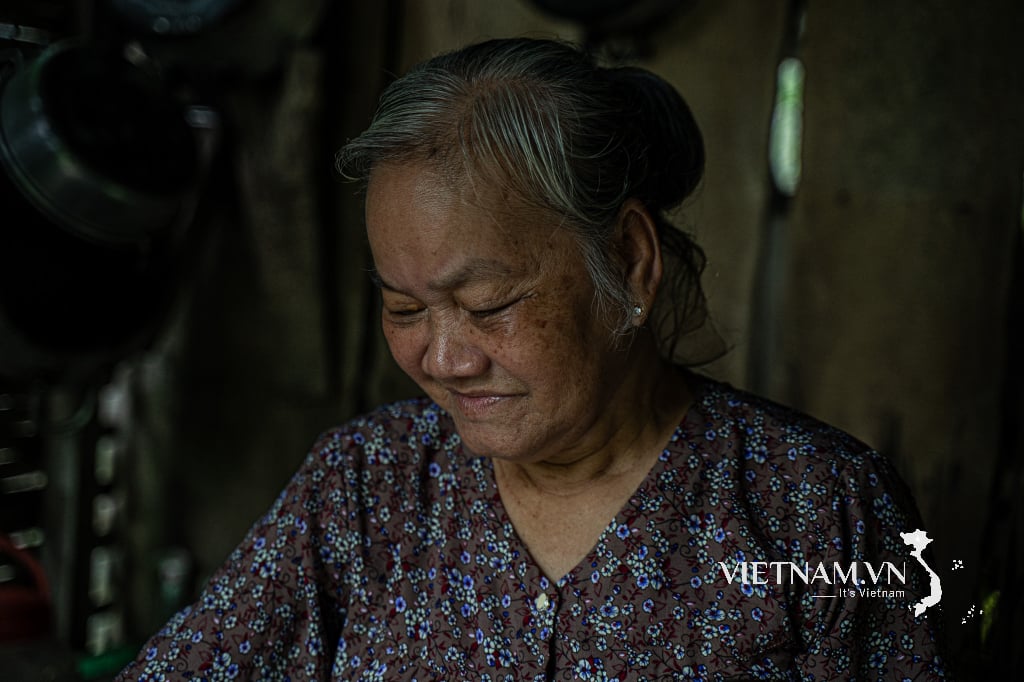

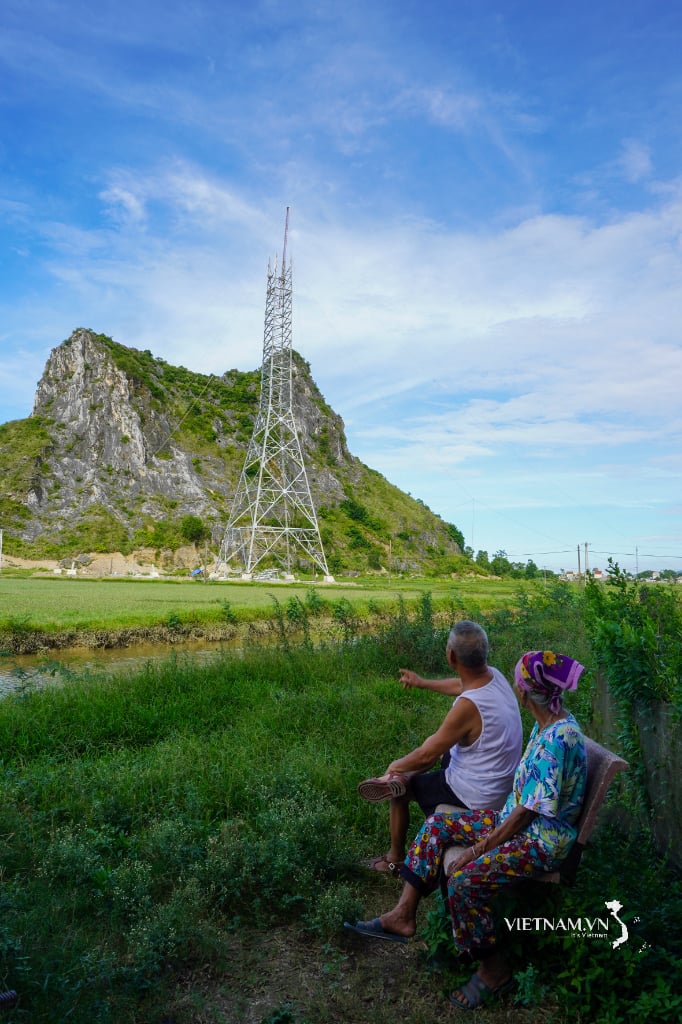
Comment (0)